In politics, categories such as “good” and “evil” are purely subjective.
The idea of major powers working together to prevent conflict in the modern era has been around since the Concert of Europe in 1815. The First World War brought unprecedented devastation, leading to a renewed commitment to cooperation in the establishment, for example, of the League of Nations, and the renewal of the Geneva Conventions. Yet the Second World War, following closely after, became one of history’s most destructive conflicts, claiming over 60 million lives.
Through the Cold War and the nationalist movements that followed the dissolution of bipolarity in the global political system, conflicts became more localized, exalting a high toll on the population that gets caught in the crossfire as the definition of “battlefield” becomes ever more vague. The recent emergence of the Islamic State (IS) has not only not only brought chaotic brutality to religious and ethnic communities in Syria and Iraq, but also given a new twist to Samuel Huntington’s idea of a “clash of civilizations.” Confronted with a resurgent threat from terrorism, extremist ideology and technologically advanced weaponry, the way we engage in conflict is being redefined before our very eyes.
Fair Observer’s Anna Pivovarchuk talks to Yana Korobko, an expert on peaceful conflict resolution and author of The Shifting Balance of Power: Perils of a World War and Preventive Measures, about the past, present and future of war.
Anna Pivovarchuk: What have we learned from the Great War? Has it changed attitudes to warfare and, if so, why did the policies outlined in its aftermath fail to prevent, and indeed precipitated, the Second World War?
Yana Korobko: From tragic combat experience, humanity has learned that war is a strong, evil force, and there is nothing that can stop it once and forever. Warfare has become more sophisticated, and nations have started investing more into military rather than war prevention. For example, today, US military expenditures are at the highest since World War II. Clearly, World War I did not meet expectations of the bloc that had instigated it; moreover, Germany did not want to tolerate those draconian conditions that Europe had put on it. Therefore, World War I grew into World War II, which aimed at a redistribution of powers.
Pivovarchuk: World War II, the most devastating conflict in human history, was, aside from the power struggle, a fight between “good and evil” that saw a coming together of ideological antagonists to achieve victory that failed to carry over into peacetime. How has it changed the balance of power in the world?
Korobko: In politics, there is nothing perfectly good, nor perfectly evil. Instead, there are powers that, at a particular time in history, dominate all others — and then this order changes again. Objectively speaking, World War II brought about a new order in international relations, which was a bipolar system. From it, two powerful countries rose up – the United States and the Soviet Union – with competitive antagonistic ideologies, which proved once again that in politics, such categories as “good” and “evil” are purely subjective, and depend merely on the standpoint from which you’re looking at it.
Pivovarchuk: The Cold War saw many localized insurgencies develop throughout the world — in places like Congo, Vietnam, Angola and later Afghanistan — driven by the forces of nationalism, independence and political ideology. Can these be seen as precursors of the current conflicts we are seeing today, which appear to be growing and molding into a coherent, slow-burning war?
Korobko: Definitely! Modern wars have deep roots in the past. For example, frequent contradictions between Western and Muslim worlds already started during the time of the Ottoman Empire as a result of the fight for oil resources. The real vilification of Arabs was in full swing during European colonial times which, indeed, created negative stereotypes of Islam. This served, and is still serving, as a pretext for invasion of Muslim lands. So, this cultural stereotyping and racism are the driving force of current conflicts we witness today.
The nature of future conflicts lies mostly in (cyber) technological, informative and psychological dimensions. Offensive tactics have started to involve more psychological and psychotronic influences.
However, not all local wars can grow into a global war. For example, the Israeli-Palestinian conflict or clashes between India and Pakistan are potential hot points for a global war, as interests of more than two belligerent parties are involved there — American and European included. At the same time, no modern powers would consider starting a global war for Congo or Vietnam. In what it concerns, the Islamic State is a project created by some world powers interested in changing the status quo in the Middle East by exploiting the religious factor. Until recently, we haven’t seen a terrorist organization that has grown to be so powerful as to pretend to incite a worldwide collision.
Pivovarchuk: The end of the 20th century saw the emergence of a new approach to conflict: the notion of humanitarian intervention, or the “right to protect” (R2P) doctrine, which was invoked in Yugoslavia, Somalia and Kosovo, among others. What are the problems with this approach? What are the potential benefits and limitations of the international community being present in — and expected to regulate — global wars?
Korobko: The responsibility to protect has got numerous advantages if evoked in accordance with Chapters VI and VIII of the United Nations charter and under the auspices of the UN to help protect populations from genocide, war crimes, ethnic cleansing and crimes against humanity. Unfortunately, nowadays, the “responsibility to protect” is more and more abused rather than applied properly to serve its noble goals. For example, this very pretext was evoked by Russia during the annexation of Crimea earlier this year, while in reality the Kremlin was governed by ambition of imperialistic expansion rather than protection of the Russian-speaking population. If the latter was the case, Russia could have engendered international discussions on the topic a long time ago. But Moscow never brought up the issue at international summits, simply because the Russian-speaking population in Crimea enjoyed all rights and freedoms of any other ethnic minority in the region. Therefore, any legal norm shall be well elaborated, leaving no jurisdictive gap for malefactors to misuse it.
Pivovarchuk: What is the nature of global conflict of the future? How will tactics and strategies change, and how will the world adapt to these new developments?
Korobko: The nature of future conflicts lies mostly in (cyber) technological, informative and psychological dimensions. Offensive tactics have started to involve more psychological and psychotronic influences. The world might not even notice when it adapts to the new type of war, as this will happen very quickly, and mostly on an unconscious level. If one accepts all information the media offers them, especially someone else’s analysis, without applying their own personal judgement, then he or she is a potential victim of the new type of war.
Pivovarchuk: Looking back through these questions, it is clear how Western-centric the idea of an “international community” is and how dominant the military superpowers are in the process of war and peace. Is it a positive force, or does the future lie with regional actors taking on more eminent roles to solve problems that, to be fair, they understand better and are perhaps better suited to combat?
Korobko: Undoubtedly, the Western-centric world is decaying and a positive period of development in international history is almost over. This was purely a Western decision. Moreover, it had proved to be no longer competitive enough with new emerging superpowers such as China, Brazil etc, which could better respond to the needs of its many nationalities without infringing upon their rights.
The views expressed in this article are the author’s own and do not necessarily reflect Fair Observer’s editorial policy.
Support Fair Observer
We rely on your support for our independence, diversity and quality.
For more than 10 years, Fair Observer has been free, fair and independent. No billionaire owns us, no advertisers control us. We are a reader-supported nonprofit. Unlike many other publications, we keep our content free for readers regardless of where they live or whether they can afford to pay. We have no paywalls and no ads.
In the post-truth era of fake news, echo chambers and filter bubbles, we publish a plurality of perspectives from around the world. Anyone can publish with us, but everyone goes through a rigorous editorial process. So, you get fact-checked, well-reasoned content instead of noise.
We publish 2,500+ voices from 90+ countries. We also conduct education and training programs
on subjects ranging from digital media and journalism to writing and critical thinking. This
doesn’t come cheap. Servers, editors, trainers and web developers cost
money.
Please consider supporting us on a regular basis as a recurring donor or a
sustaining member.
Will you support FO’s journalism?
We rely on your support for our independence, diversity and quality.



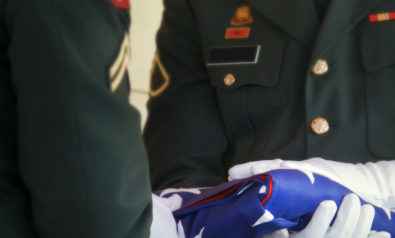

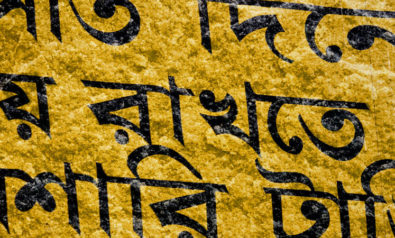
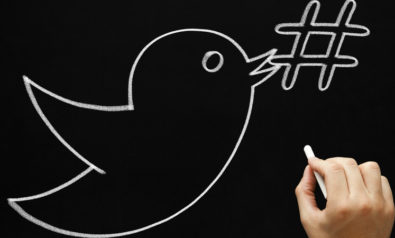
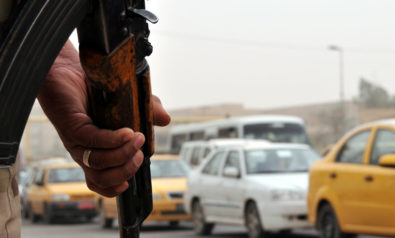
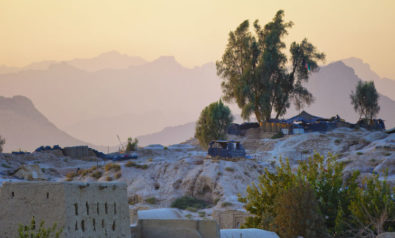
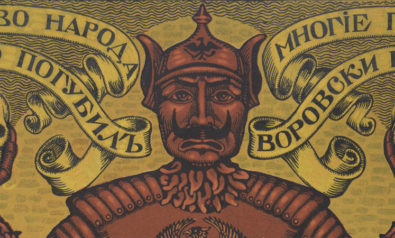
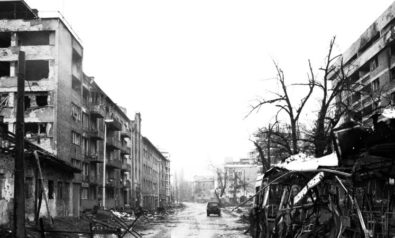


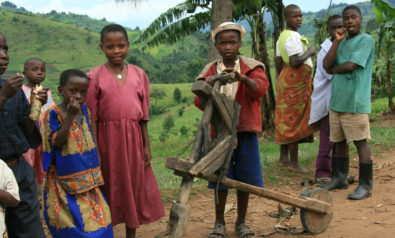
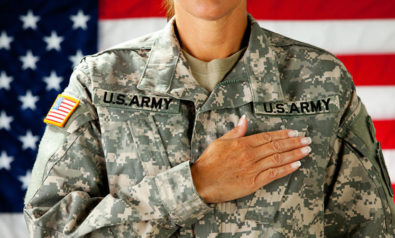


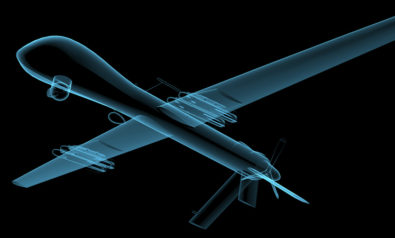
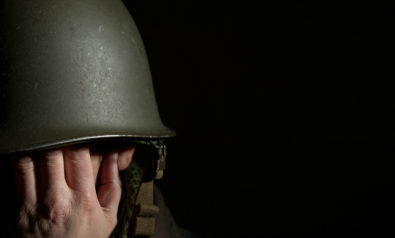
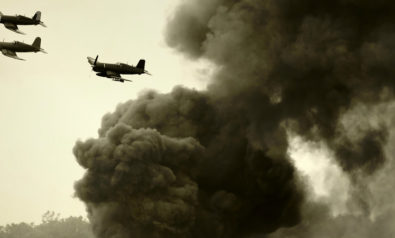
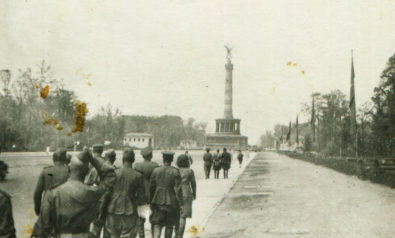



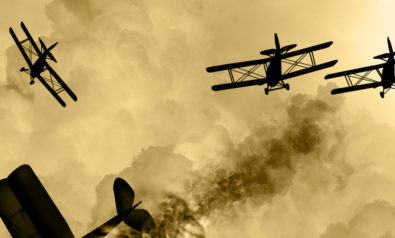
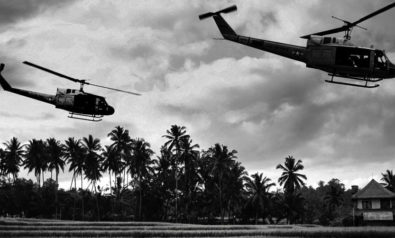

Comment
The fact of our technological prowess speaks volumes about this war itself.
Simple Question “How much technology?”. Simple Answer “Too much”.
We speak voluminously about the war; as “technology” would say, “this is because we trust as we should”, and I agree.
So, the problem lies not in the trusting, but in the technology; as the Coal Mine is the Canary’s “technology”.
The “Canary” soon will be revealed by “Her” best technology.
The Poet